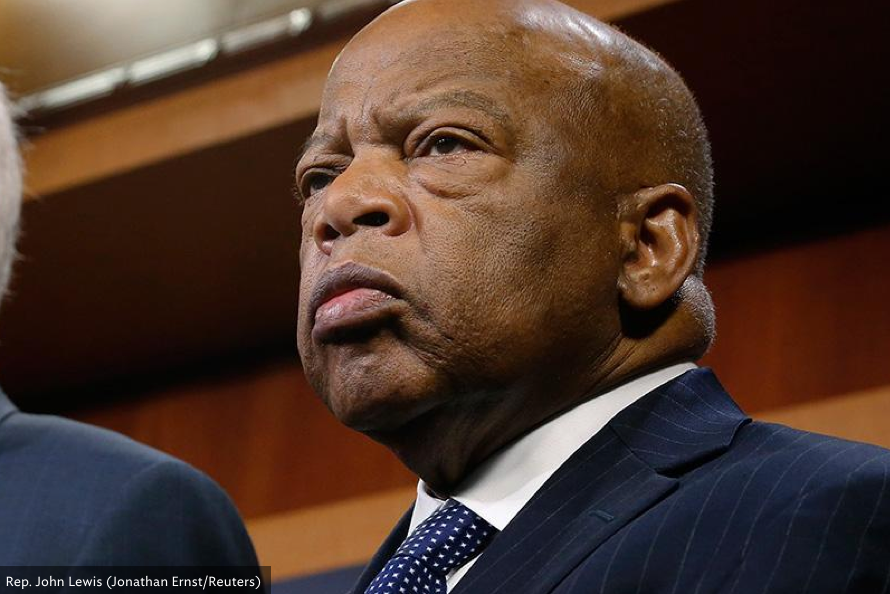First the First, second the Second and the Fifth Amendments In September of 2014, Senate Democrats voted to repeal the First Amendment. They were enraged by a Supreme Court decision holding that ordinary constitutional protections for free speech prohibited the government from punishing political activists who had shown a film critical of Hillary Rodham Clinton in the run-up to the 2008 presidential election. This was a straightforward case of classical political speech — critics of Mrs. Clinton arguing that she’d make a poor president and distributing a film making that case — and Democrats, including every single Democrat in the Senate, insisted that that isn’t what the First Amendment is intended to protect.
They started at the beginning, and are making their way down the Bill of Rights, with the Second Amendment and the Fifth Amendment. The Second Amendment holds that “the right of the People to keep and bear arms shall not be infringed,” while the Fifth provides that no one may “be deprived of life, liberty, or property, without due process of law.” These are what are known as civil rights, meaning the rights associated with citizenship, rights having to do with the relationship between people — or “the People” as the Constitution puts it — and their government.
Many Americans do not think of the right to keep and bear arms as a civil right, but they are mistaken. It helps to understand things from the point of view of the Founders and the 18th-century radical liberals whose ideas shaped our republic. Prior to the American founding, the right to keep and bear arms was generally limited to the aristocracy; it was, like the possession of a title or a coat of arms (coat of what?), a bright and dramatic dividing line between the ruling class and the ruled classes, between the Whos and Whoms of society. Arguments about licensing the carry of weapons are hardly new: Caravaggio was arrested for carrying without a license (a sword, in his case) in 1598 near the Piazza Navona in Rome at 3 a.m.
The bearing of arms is a sign of citizenship, which is to say, of being a full participant in government who acts through it, as opposed to subjectship, the state of being a passive being who does not act through government but who is acted upon. In that sense, it is like the ability to vote or to be eligible for service in government. Frederick Douglass understood this linkage perfectly, inasmuch as these ideas were much better understood in those more literate days. “A man’s rights rest in three boxes,” he said. “The ballot box, jury box, and the cartridge box. Let no man be kept from the ballot box because of his color. Let no woman be kept from the ballot box because of her sex.” The militias contemplated by the Second Amendment were armed citizen volunteers who could act to use the force of arms to keep the peace in an emergency; they are entitled to act in the peacekeeping role generally reserved for the state because, being the citizens of a republic, they are the state, the very seat of its sovereignty. The formal government is a provisional arrangement (hence regular elections) constituted as a convenience. While the Second Amendment may not codify a “right of revolution,” as some put it, the idea of armed citizens pushing out a government that had become inconvenient, a burden on their liberties rather than a guarantor of them, could hardly have been alien to a group of men who had just risked their lives, fortunes, and sacred honor doing just that.
Source: Kevin D. Williamson, nationalreview.com
 Listen Online
Listen Online Watch Online
Watch Online Find a Station in Your Area
Find a Station in Your Area









 Listen Now
Listen Now Watch Online
Watch Online
